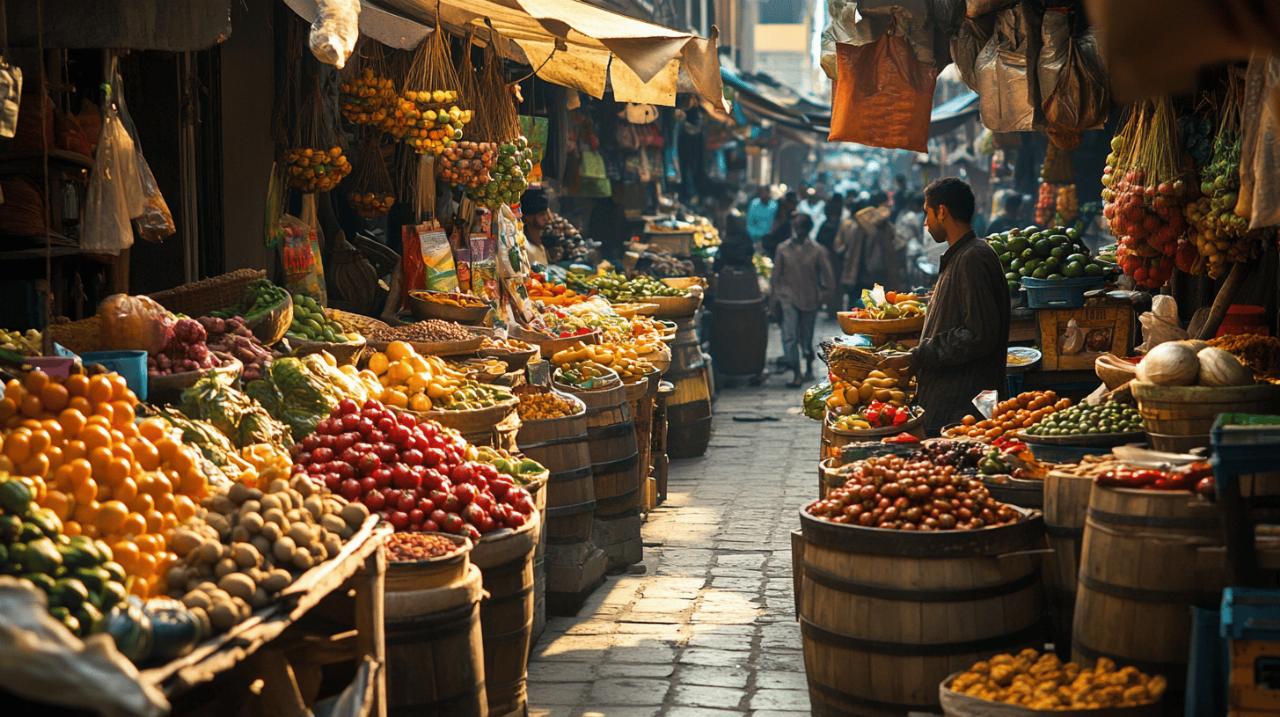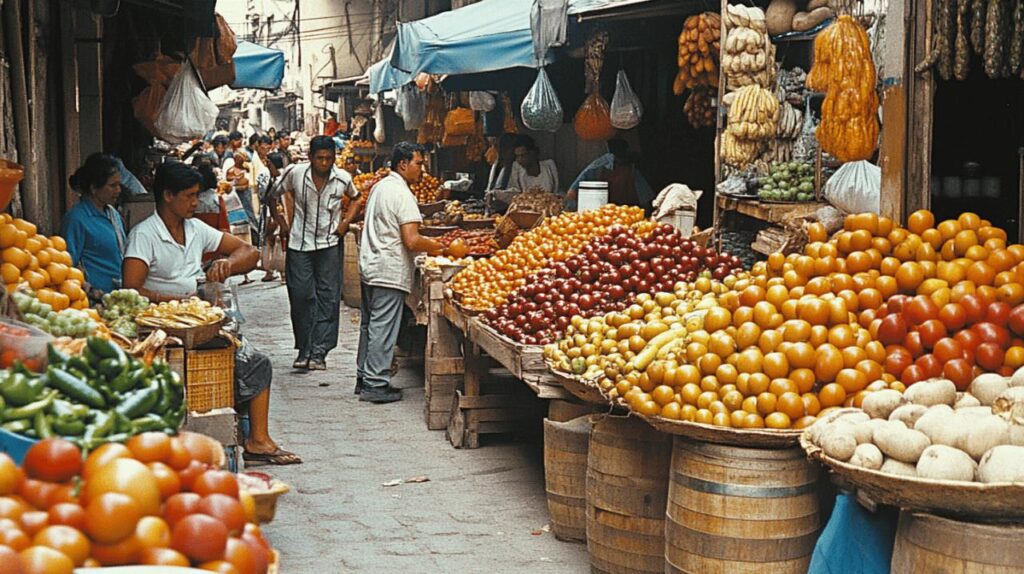When it comes to truly understanding a place, nothing beats immersing yourself in the local culture rather than simply ticking landmarks off a checklist. Cultural experiences create meaningful connections that transform ordinary trips into extraordinary journeys. These authentic interactions help travellers develop a deeper appreciation for diverse ways of life around the world.
Embracing local traditions
The essence of cultural immersion lies in embracing local traditions. Walkabout Travel enthusiasts understand that authentic travel experiences come from participating in the daily rituals and customs of a community. Moving beyond tourist attractions allows you to witness the genuine character of a place through its people and their traditions.
Participating in traditional ceremonies
Traditional ceremonies offer windows into cultural identity and community values. Whether attending a wedding celebration in the Seychelles or experiencing religious festivals in New Caledonia, these events provide remarkable insights into local beliefs and social structures. Rather than observing from a distance, respectfully asking to participate can create profound connections with community members.
Learning cultural practices from community elders
Community elders serve as living libraries of cultural knowledge and wisdom. Many communities around the world value their senior members as keepers of traditions and stories. Engaging with elders respectfully can reveal rich historical narratives and traditional practices that might otherwise remain hidden from visitors who focus solely on tourist attractions.
Discovering regional cuisine
Food tells the story of a place through ingredients, preparation methods, and eating customs. Culinary experiences offer delicious pathways into understanding local culture, geography, and history. Exploring regional cuisine goes beyond satisfying hunger to engaging all senses in cultural discovery.
Visiting local food markets
Food markets serve as cultural hubs where daily life unfolds naturally. The vibrant sights, sounds, and aromas provide insights into local agriculture, economy, and social interactions. Markets reveal which ingredients are valued, how people negotiate, and the rhythm of daily life. Wandering through stalls, observing transactions, and purchasing seasonal produce connects travellers to authentic local experiences far from tourist restaurants.
Taking part in cooking classes
Cooking classes transform passive consumption into active learning about cultural traditions. Learning to prepare local specialties provides insights into family traditions, ingredient sourcing, and cultural values around food. Many communities worldwide now offer cooking experiences where visitors learn traditional recipes directly from local experts, creating memorable skills to take home.
Breaking language barriers
Communication forms the foundation of meaningful cultural exchange. While English often serves as a bridge language in many tourist destinations, learning even basic phrases in the local language demonstrates respect and opens doors to more authentic interactions.
Mastering essential phrases
Learning key expressions in the local language shows genuine interest in connecting with people on their terms. Simple greetings, expressions of gratitude, and basic questions can transform interactions from transactional to personal. Locals often appreciate the effort, even when pronunciation falls short of perfection, as it signals respect for their cultural identity.
Understanding regional dialects and expressions
Beyond basic phrases, understanding regional expressions provides deeper insights into local humor, values, and worldviews. Idioms and colloquialisms often contain cultural wisdom and historical references that reveal how communities see themselves and their place in the world. These linguistic nuances vary significantly even within countries, as seen in the distinct regional expressions found throughout places like France or the Dominican Republic.
Respecting cultural etiquette
Cultural sensitivity transforms visitors from mere observers to welcomed guests. Understanding and honoring local customs regarding behavior, interaction, and appearance demonstrates respect for community values and traditions.
Dress codes and appropriate attire
Clothing choices communicate respect for local values and customs. Dress codes vary widely across cultures, particularly regarding modesty standards, religious sites, and formal occasions. Research before traveling helps avoid unintentional offense, especially when visiting religious buildings or rural communities with more traditional expectations. The LGBTQ+ scene in Buenos Aires might embrace expressive fashion, while conservative communities elsewhere might expect more modest attire.
Religious and Social Customs to Observe
Religious practices and social norms form integral parts of cultural identity. Customs regarding physical contact, eye contact, eating etiquette, and gender roles vary significantly across cultures. Observing how locals interact provides valuable guidance for appropriate behavior. Taking cues from community members helps visitors navigate unfamiliar social expectations with respect and awareness.
Visiting historical and cultural sites
 Historical landmarks and cultural institutions preserve community heritage and collective memory. While exploring these sites, seeking deeper context and lesser-known stories enhances understanding beyond surface-level tourism.
Historical landmarks and cultural institutions preserve community heritage and collective memory. While exploring these sites, seeking deeper context and lesser-known stories enhances understanding beyond surface-level tourism.
Uncovering stories behind monuments
Every monument and historical site contains multiple narratives waiting to be discovered. Official histories often represent limited perspectives, while local guides and community members may share alternative viewpoints and personal connections to these places. Engaging with diverse interpretations of historical sites provides richer understanding of how communities relate to their past and present identity.
Exploring lesser-known heritage spots
Venturing beyond famous attractions reveals authentic cultural treasures without crowds. Walking tours through neighborhoods like Anse des Cayes offer glimpses into everyday life and hidden historical gems that major guidebooks might overlook. Rural areas often preserve traditional practices and architecture that have disappeared from more touristed urban centers, offering windows into cultural heritage in its most authentic form.
Joining local festivals and events
Festivals concentrate cultural expression into vibrant, accessible experiences. These celebrations reveal community values, artistic traditions, and historical commemorations through music, dance, food, and ritual.
Seasonal celebrations worth planning for
Many travelers find that planning itineraries around significant cultural events creates memorable experiences. Seasonal festivals often showcase traditional music, dance, costumes, and foods that might not be visible during ordinary times. From harvest celebrations to religious observances, these events provide concentrated expressions of cultural identity and community bonding.
Community gatherings and their significance
Smaller community gatherings often provide more intimate cultural experiences than major tourist festivals. Weekly markets, religious services, sporting events, and neighborhood celebrations offer genuine interactions with locals engaged in meaningful activities. These gatherings reveal social structures, community priorities, and interpersonal dynamics that define cultural identity beyond tourist attractions.
Supporting local artisans and businesses
Economic exchanges create direct connections between visitors and community members. Thoughtful purchasing decisions can support cultural preservation while creating meaningful souvenirs of travel experiences.
Finding authentic crafts and souvenirs
Handcrafted items tell stories through materials, techniques, and designs unique to specific regions. Seeking artisans who create traditional crafts provides opportunities to learn about cultural heritage while supporting its continuation. Understanding the significance of patterns, materials, and production methods transforms souvenirs from mere objects into meaningful cultural artifacts with personal connections.
Ethical shopping practices whilst abroad
Conscious consumption supports communities while avoiding exploitation of people or natural resources. Fair trade principles, environmental sustainability, and cultural appropriation concerns should guide purchasing decisions abroad. Asking questions about who made items, under what conditions, and how profits are distributed helps ensure shopping habits align with sustainable tourism values.
Engaging with local communities
Meaningful human connections often become the most treasured souvenirs of cultural travel. Moving beyond transactional relationships creates opportunities for genuine exchange and mutual understanding.
Building genuine connections beyond tourism
Authentic relationships develop through shared activities and mutual interest rather than commercial exchanges. Volunteering with local organizations, participating in community projects, or even exploring career opportunities abroad like becoming a bike courier in Pau, France creates contexts for meaningful interactions. Student travelers can often access special discounts and exchange programs that facilitate deeper community engagement beyond typical tourism.
Creating lasting memories through shared experiences
The most powerful travel memories often center on moments of connection across cultural differences. Shared meals, music, celebrations, and conversations create lasting impressions that transform how travelers understand both the visited culture and their own. These experiences foster global understanding that extends far beyond the journey itself, influencing perspectives and choices long after returning home.


